Is olive oil a Sunnah food?
Olive oil holds a significant place in Islamic tradition, being frequently mentioned in both the Qur’an and Hadith. Its esteemed status is not only due to its nutritional benefits but also its symbolic and spiritual significance in Islam.
Olive Oil in the Qur’an
The olive tree is highlighted multiple times in the Qur’an, emphasizing its blessed nature:
- Surah An-Nur (24:35): Allah uses the example of the olive tree to describe His light: “Allah is the Light of the heavens and the earth. The example of His light is like a niche within which is a lamp… lit from [the oil of] a blessed olive tree, neither of the east nor of the west…”
- Surah Al-Mu’minun (23:20): “And [We brought forth] a tree issuing from Mount Sinai which produces oil and food for those who eat.“
- Surah At-Tin (95:1-2): “By the fig and the olive, and by Mount Sinai…”
Olive Oil in Hadith
The Prophet Muhammad (peace be upon him) also extolled the virtues of olive oil:
- He said, “Season (your food) with olive oil and anoint yourselves with it, for it comes from a blessed tree.“
- In another narration, the Prophet advised, “Eat the olive oil and apply it (locally), since there is cure for seventy diseases in it, one of them is leprosy.“
Health benefits of olive oil
Modern research supports the health benefits of olive oil, aligning with its esteemed status in Islamic tradition:
Cardiovascular health: Regular consumption of olive oil has been linked to improved heart health by reducing bad cholesterol levels and controlling blood pressure.
Skin and hair care: Applying olive oil moisturizes the skin, combats dryness, and strengthens hair, reducing dandruff and promoting shine.
Anti-Inflammatory oroperties: Olive oil contains antioxidants that help fight inflammation, potentially reducing the risk of chronic diseases.
Cultural significance in the UAE
In the United Arab Emirates, olive oil is integral to the culinary landscape, reflecting the broader Middle Eastern appreciation for this blessed oil. Traditional dishes often incorporate olive oil, underscoring its cultural and religious importance.
Incorporating olive oil into your lifestyle
Embracing the use of olive oil can be both a culinary delight and a means to align with Sunnah practices:
Culinary Uses: Use olive oil as a dressing for salads, a base for cooking, or simply dip bread into it for a wholesome snack.
Topical Application: Apply olive oil to the skin and hair to benefit from its moisturizing and strengthening properties.
Conclusion
Olive oil’s esteemed status in Islamic tradition is well-founded, given its numerous health benefits and spiritual significance. By incorporating olive oil into your diet and daily routine, you not only embrace a nutritious food but also align with the practices encouraged in the Qur’an and Sunnah.
Costa d’Oro: La Riserva Italiana Extra Virgin Olive Oil (Fruity) from Italy (500 ml)
Experience the blessings with Giving Oil
At Giving Oil, we curate a selection of premium olive oils from renowned brands, allowing you to incorporate this Sunnah food into your daily life. Explore our online store to discover high-quality olive oils that cater to both your culinary and health needs.

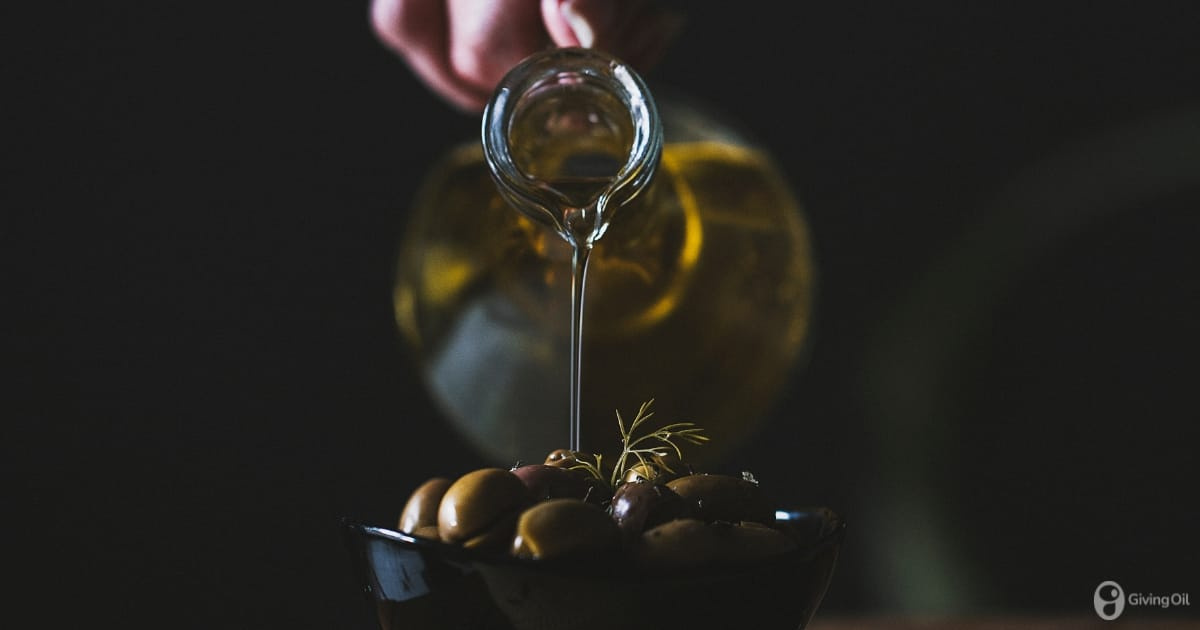

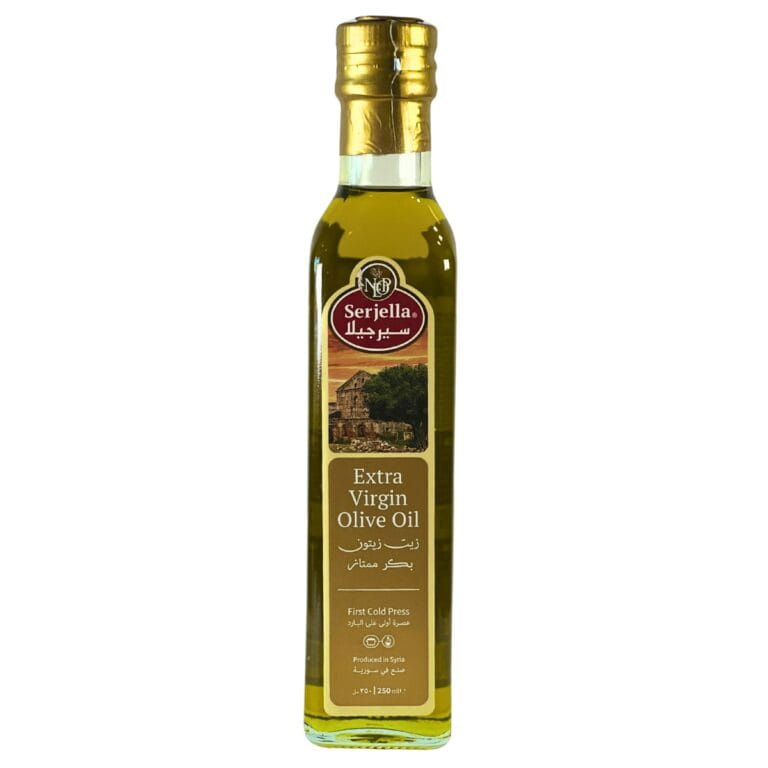
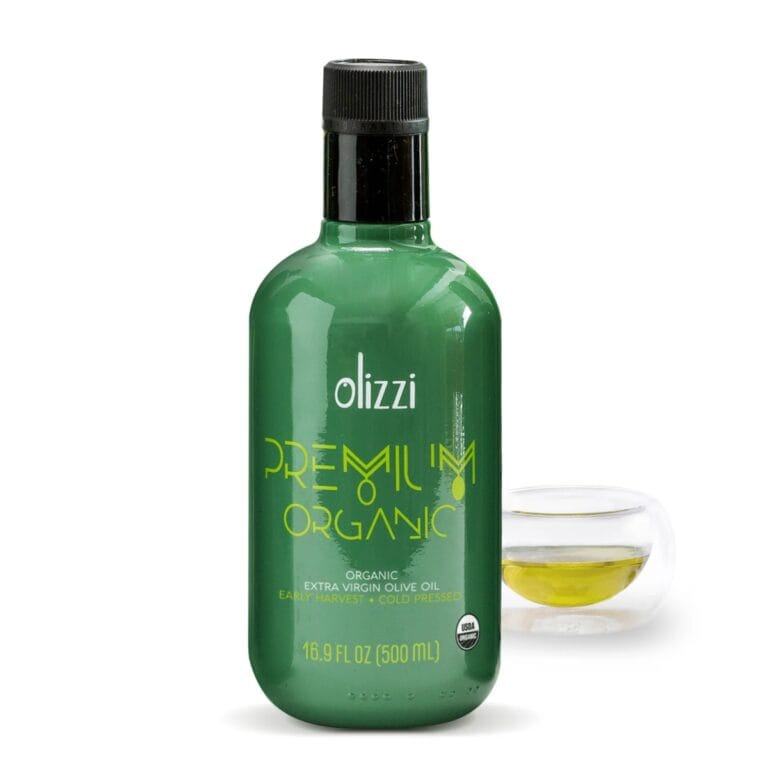
















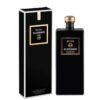

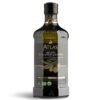










Add comment